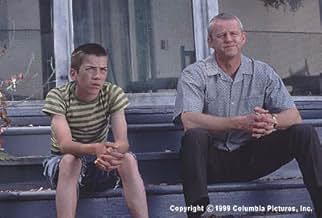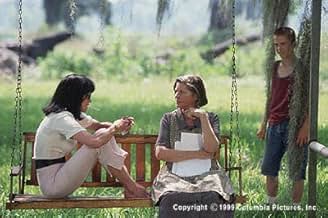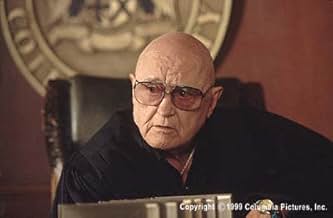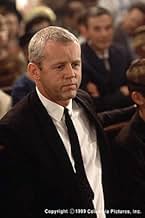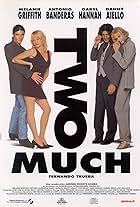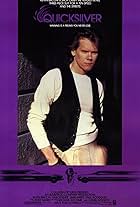An abused wife heads to California to become a movie star while her nephew back in Alabama has to deal with a racially-motivated murder involving a corrupt sheriff.An abused wife heads to California to become a movie star while her nephew back in Alabama has to deal with a racially-motivated murder involving a corrupt sheriff.An abused wife heads to California to become a movie star while her nephew back in Alabama has to deal with a racially-motivated murder involving a corrupt sheriff.


